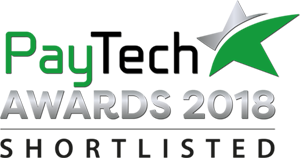2018 Google Summer of Code Wrap-Up
It seems like each year Google Summer of Code passes us by even more rapidly than the last year and this year it was no different We worked with another stellar class of interns, and once again grew our participation to our highest levels yet with 13 Mifos Initiative interns and 4 Apache Fineract interns. With the large intern class and taking on multiple projects on Fineract CN for the first time, this was our most challenging year to date. Our mentors were stretched to their limits and our interns did a great job producing impactful code on all fronts – on the mobile app front, we’ve significant enhanced our mobile field operations app and both our mobile banking app and mobile wallet app. We even built the first client-facing banking app on Fineract CN and evolved Fineract CN Mobile. On the web and front-end we made substantial progress in completely re-writing our Mifos X Web App onto Angular 6 and advanced our online banking app. On the Fineract back-end, we implemented much needed scalability enhancements, rolled out a robust architecture for our payment gateway, and explored new frontiers with scorecards for machine learning and a Mifos chatbot. Lastly on top of Fineract CN our Mifos intern enabled containerization via Docker and Kubernetes while the Apache Fineract interns implemented a new microservice for email and SMS and began implementing the first functionality for group lending and group management. This post will showcase the outstanding work they did with the community and part 2 of our official GSOC Wrap-up will focus on their reflections on their journey throughout Google Summer of Code.
Thank You!
Before we take a closer look at the results of the summer, we want to first off thank everyone who made Google Summer of Code another successful year.
Google Open Source Programs Office
First off we want to once again thank the Google Open Source Programs office for giving us the opportunity to participate once more in both Google Code-In and and Google Summer of Code. For our community, GSOC has really become a life-blood of our project. In our talk at LinuxFest Northwest, we documented how GSOC helps us organically grow our community year after year. While we unfortunately missed the GSOC meetup at OSCON, it was a pleasure seeing Stephanie, Mary, Josh and Helen at the GCI grand prize trip and we look forward to hopefully seeing Cat too at the Mentor Summit in October. We are always impressed by the awesome job they do in coordinating such a massive global collaboration handling all the moving pieces so smoothly. We look forward to participating in GCI and GSOC for many years to come!
Mentors
A huge thank you to all our mentors who are the most critical piece of the puzzle in having a successful Google Summer of Code. Without our mentors being there at each step of the way to help guide our students in their journey, we couldn’t get through the summer. Some of our mentors really had to step up big time as a couple of our mentors had to step away due to unforeseen conflicts. We value this redundancy but need to grow our mentor participation for next year so are eager to welcome any community members who’d like to make the leap, to step forward now!
Thank you to our mobile development mentors – Rajan Maurya, Tarun Mudgal, Puneet Kohli, Naman Dwivedi, and Ishan who had some limited time to review code. Thank you to our web development mentors – Gaurav Saini, Pranjal Goswami, Raunak Sett, and Mohit Bajoria. Thanks to our mentors on the platform side – Avik Ganguly, Nayan Ambali, Aleksandar Vidakovic, Steve Conrad, Rahul Goel, and Victor Romero. Thank you to our Fineract CN mentors – Yannick Awasum, Isaac Kamga, and Myrle Krantz. A big thank you to other community members and volunteers like Sundari Swami, Santosh Math, and Shruthi Rajaram.
Our Interns
Last, but certainly not least, thank you to our interns from across the globe who poured their energy into their projects. This year they were ever-perseverant in working on brand new codebases, changing requirements on the fly, and working on experimental solutions. What is always most rewarding is seeing how collaborative and supportive the interns are of each other helping to solve coding problems, helping with collaboration tools and just being great all-around community members. We wish them the best of luck in whatever they pursue next and look forward to their continued contributions to the Mifos Initiative. Already, despite the program being officially over, many of our interns have continued making contributions and wrapping up loose ends of their projects.

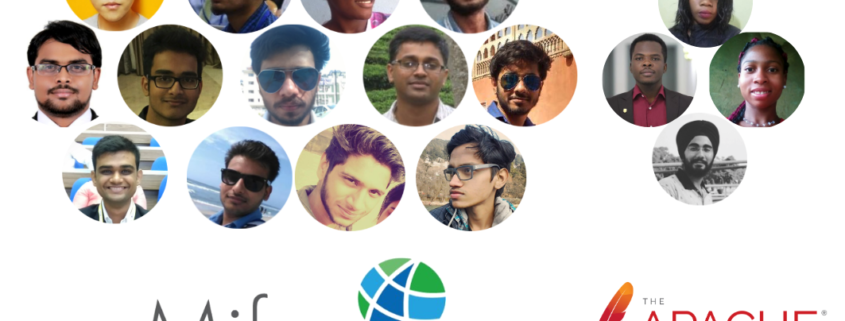
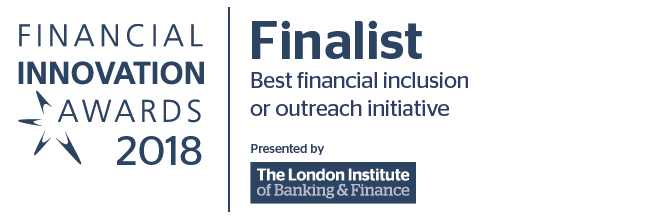
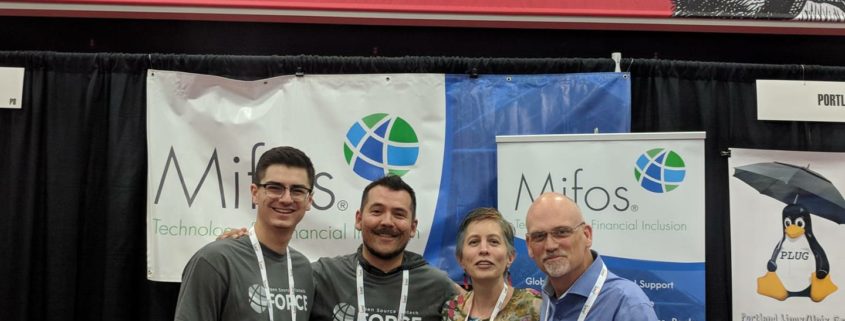
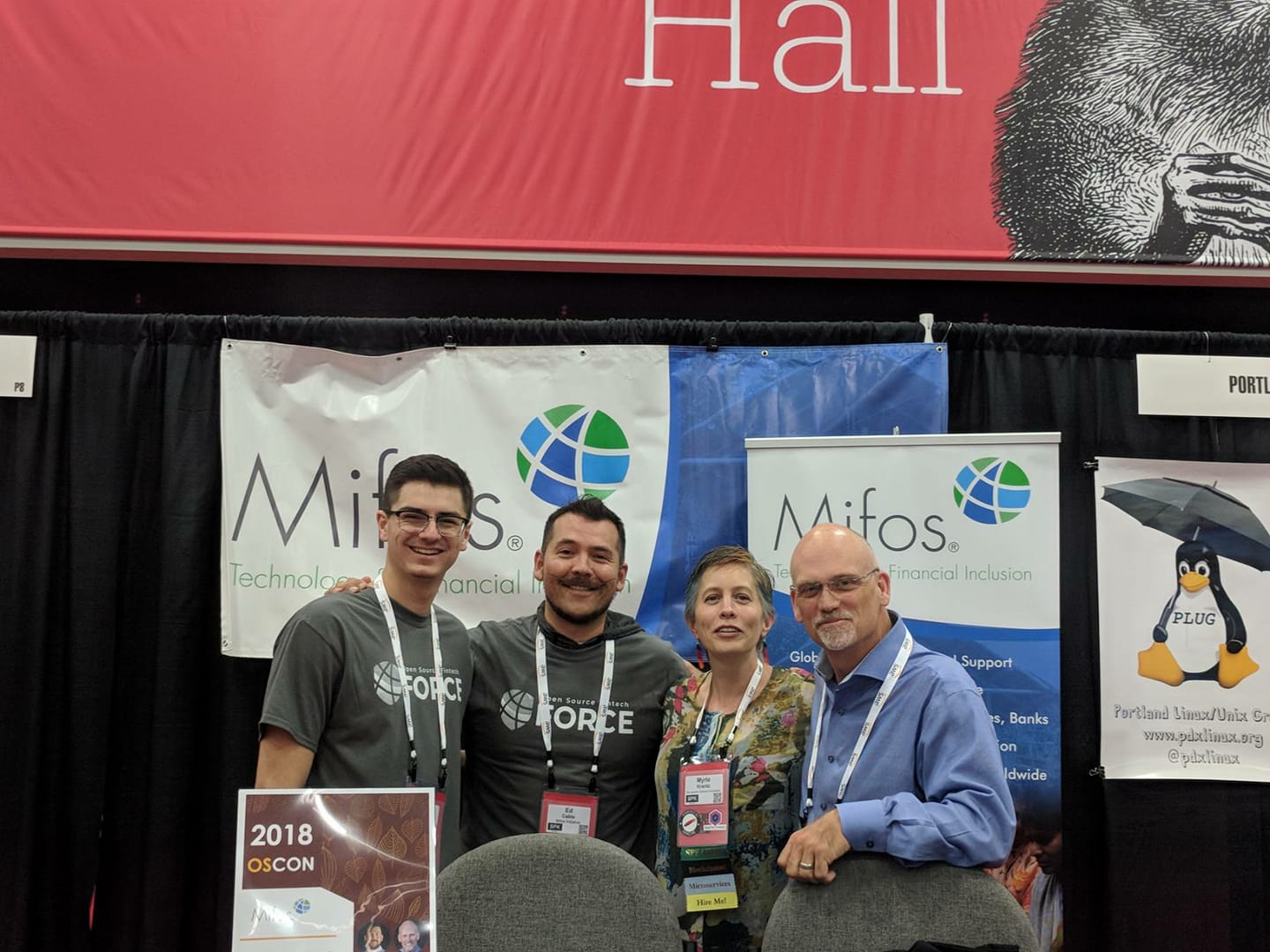
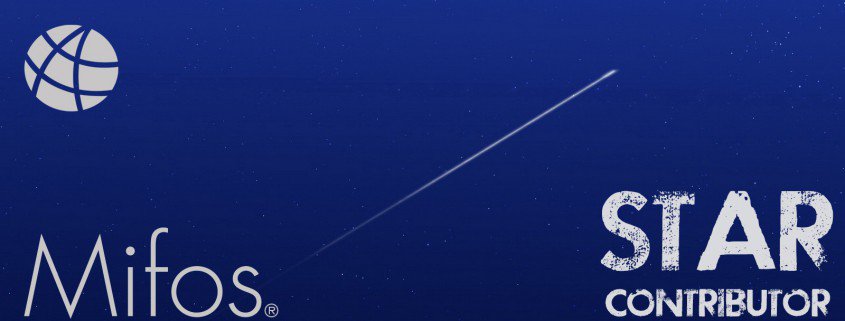


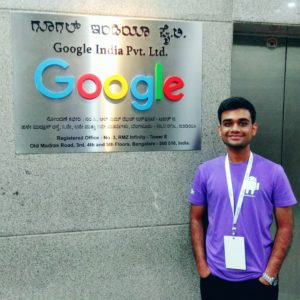
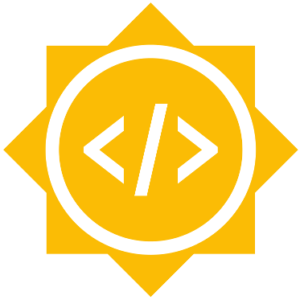
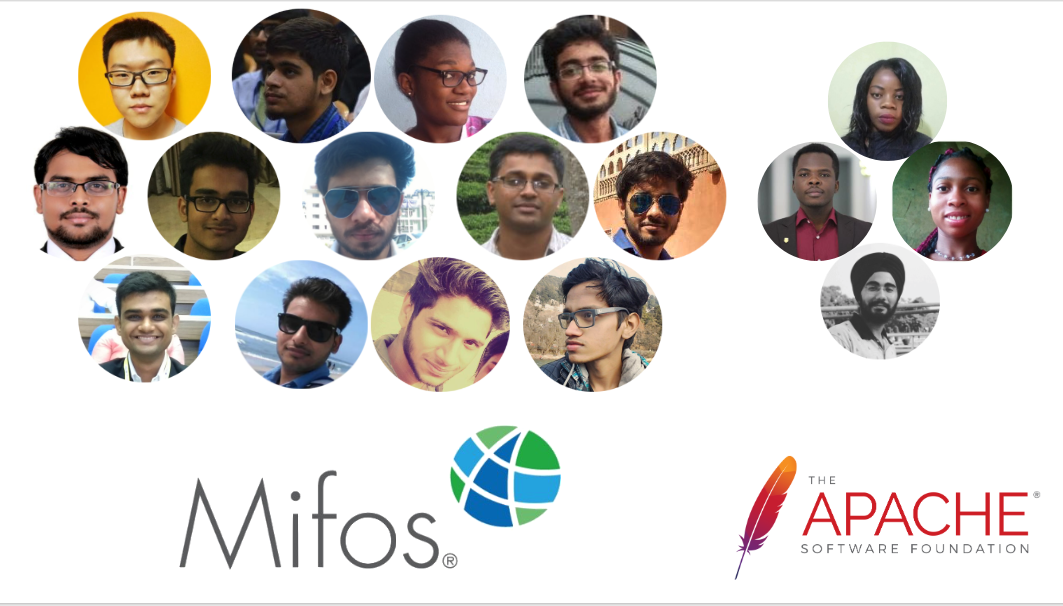

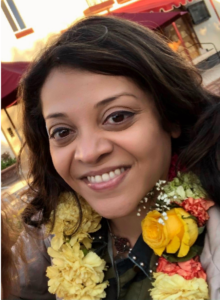 We are recognizing Sundari Swami from Los Angeles as our newest Star Contributor! Sundari has more than 8 years of experience of working in marketing and dealing with big-data SaaS products; she currently serves as a Technical Product Manager at DataScience.com. Sundari has been with Mifos for several years now, playing a crucial role in the development of the Mobile Wallet 2.0 Framework. Since last year, Sundari has been helping write and gather requirements for the Mobile Wallet 2.0, and we cannot thank her enough for her continuous hard work! We commend Sundari for her persistence in continuing to volunteer with Mifos even after a gap between projects she was assisting on. She can always be counted on to be thorough and highly attentive to detail so we get our use cases right. Sundari’s commitment to serving those in need along with her tech and product management expertise makes her a triple threat that we could not be happier to have as a part of our Mifos community.
We are recognizing Sundari Swami from Los Angeles as our newest Star Contributor! Sundari has more than 8 years of experience of working in marketing and dealing with big-data SaaS products; she currently serves as a Technical Product Manager at DataScience.com. Sundari has been with Mifos for several years now, playing a crucial role in the development of the Mobile Wallet 2.0 Framework. Since last year, Sundari has been helping write and gather requirements for the Mobile Wallet 2.0, and we cannot thank her enough for her continuous hard work! We commend Sundari for her persistence in continuing to volunteer with Mifos even after a gap between projects she was assisting on. She can always be counted on to be thorough and highly attentive to detail so we get our use cases right. Sundari’s commitment to serving those in need along with her tech and product management expertise makes her a triple threat that we could not be happier to have as a part of our Mifos community.